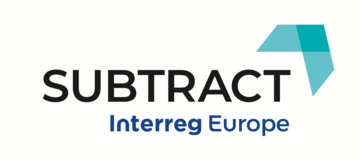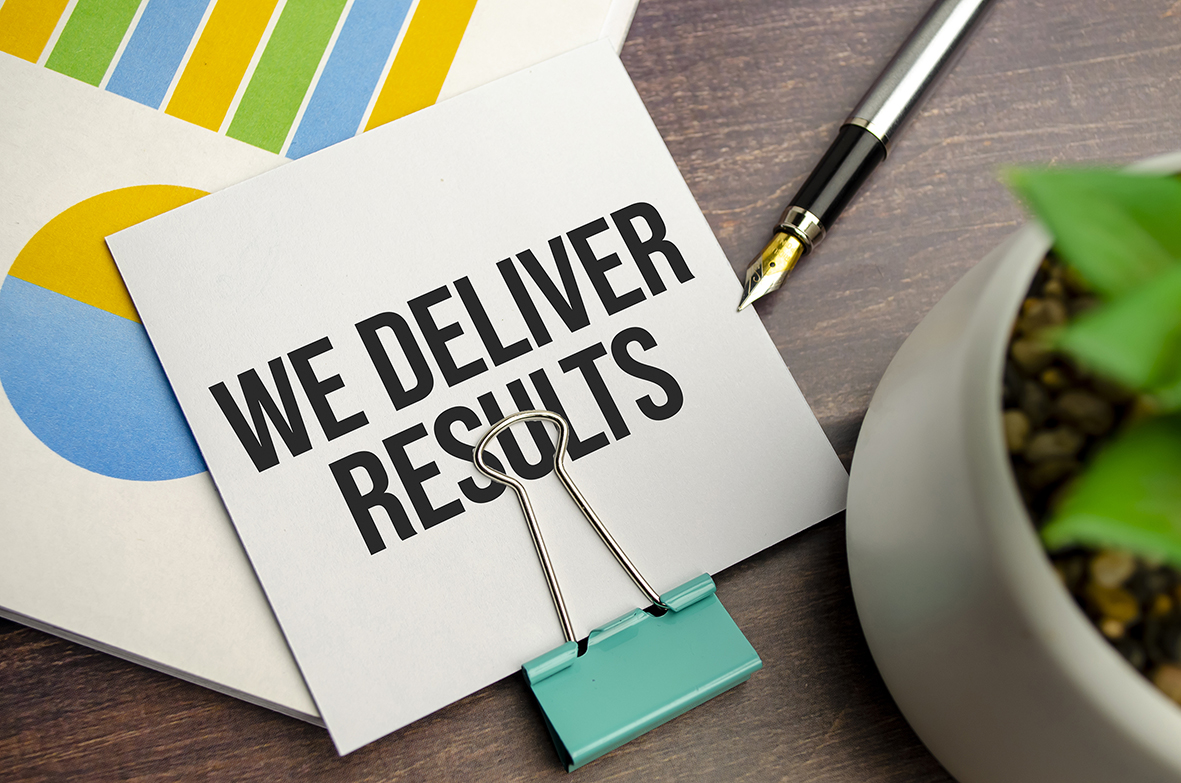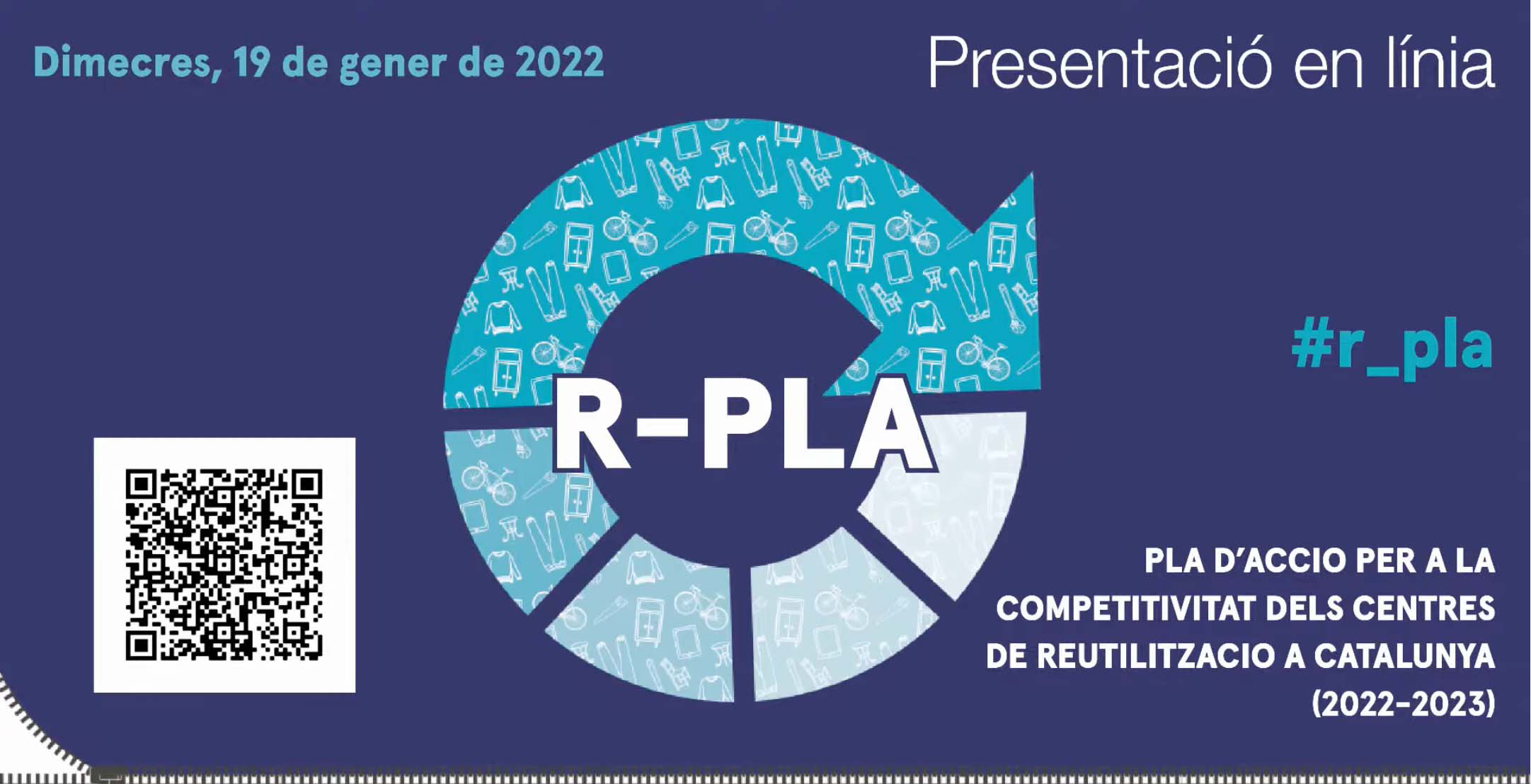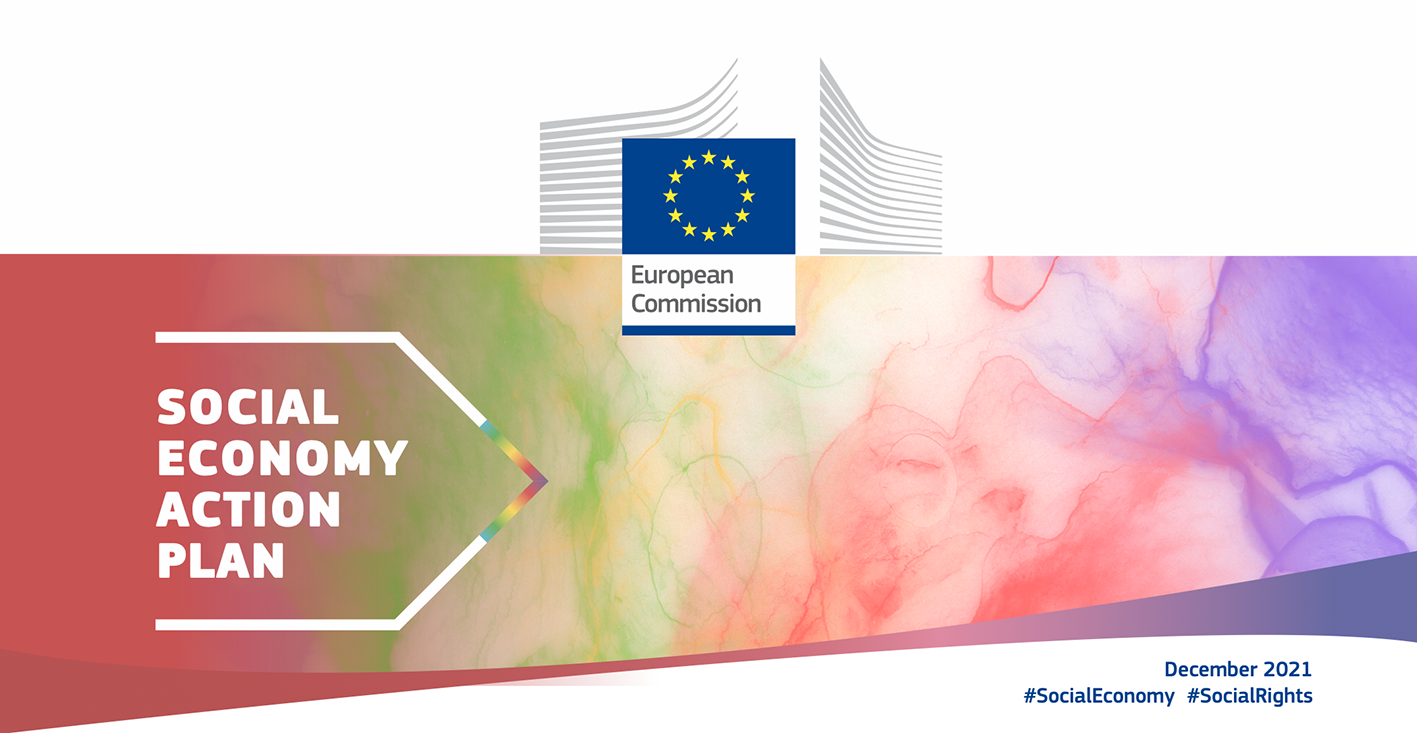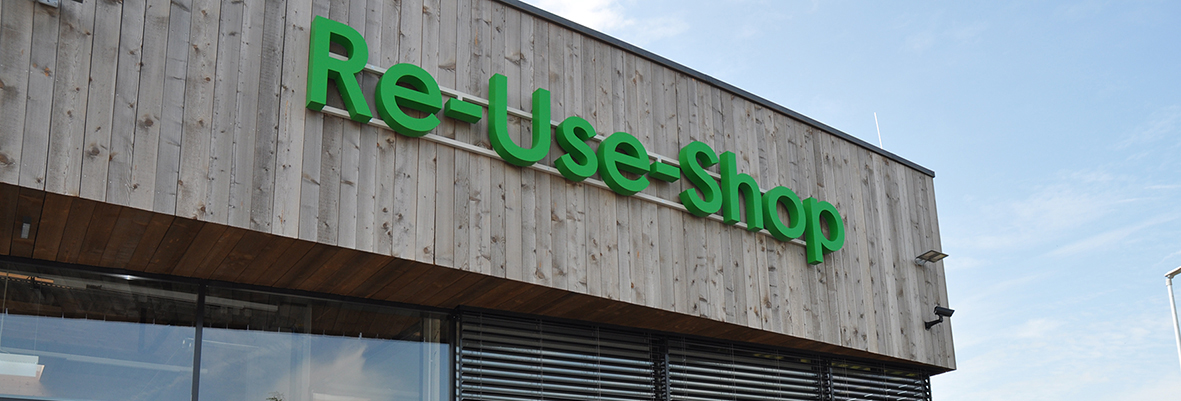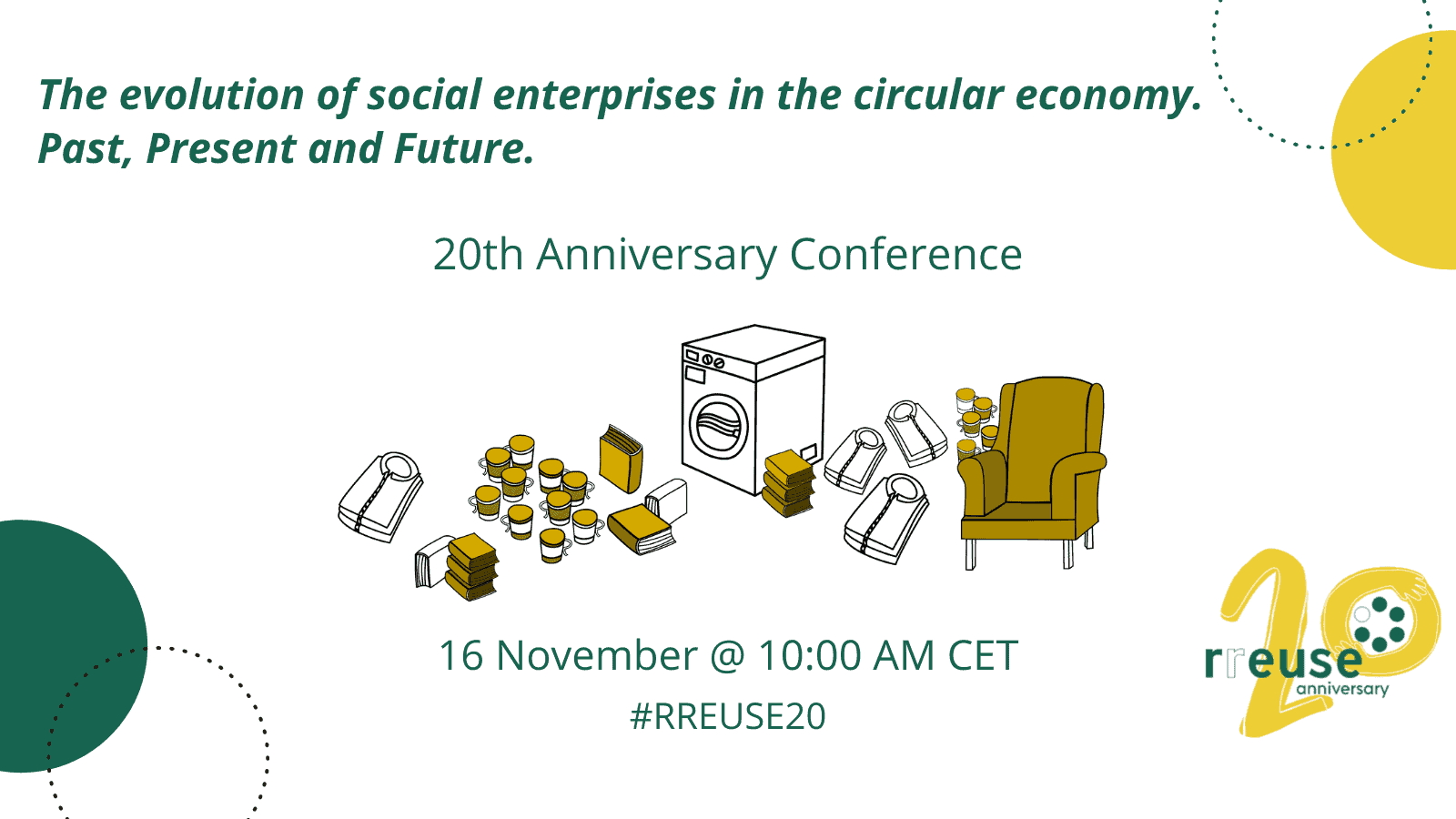The Action Plan for the future of reuse in Umbria was the theme of a debate among twenty experts and decision makers to render existing centers and those that are about to come about economically sustainable and allow them to perform their important environmental and social functions.
The "Umbrian way of reuse" and the respective public centres in Marsciano, Perugia, Corciano and Umbertide were at the centre of a lively online debate on Thursday, June 24. In his introduction, the director of the Umbrian Waste and Water Authority, AURI, Giuseppe Rossi, underlined how as Lead Partner his organisation has received from the European partners in the context of the Interreg Europe SUBTRACT project numerous impulses, which now have to be put into a coherent whole, applicable to the situation in Umbria. "However, it must first be kept in mind that the goods destined for reuse arise from the desire not to make them become waste but to give them a second life through donation. We don't speak about the second-hand market, that has its own rules and where we don't want to enter. Instead, we want to get into that part of the circular economy where people want to get rid of goods that still have the potential to be reused. But a potential that in the context of the circular economy must also be expressed in economic terms. It is therefore necessary to take into account the economic viability that renders these activities attractive in a perspective of small and medium-sized enterprises".
At the centre of the meeting and basis of the debate was AURI's Action Plan for the future of reuse centres in Umbria presented by Maurizio Zara. The four actions are designed to improve the management, visibility and quality of services of existing and future centres. A common digital platform will help Umbrian centres in the management of incoming and outgoing goods and will present the goods of all centres in a single shopwindow. In addition, the plan will promote shops for the sale of reuse goods detached from the collection areas that are usually to be found within separate waste installations, it will strengthen the role of reuse for professional training and it will support the Umbria Region in passing a reuse law that will simplify the sector and render it more transparent.
The representatives of three Umbrian reuse centres confirmed the relevance of the Action Plan for the future of their activities. Valter Puliti of the Marsciano center underlined that they are collaborating with SAL (a program for the reintegration into the labor market), with the aim of training people in regenerating electrical appliances but also of recovering ancient crafts. Diego Ottaviani highlighted the importance of other services such as the withdrawal of bulky items, so that the centres do not deal only with small objects that create little turn-over. Carla Baldassari of the reuse centre of Corciano put the emphasis on incentives through, for example, reductions in local taxes and tariffs.
The central theme of the meeting, lack of a clear regulatory framework, was addressed by the lawyer Daniele Carissimi, expert in environmental and administrative disciplines, who presented his proposal for a law, "Rules for the integrated management of waste and the clean-up of contaminated areas", reforming Regional Law 11/2009. The proposal was also born on the impulse of SUBTRACT to recognize the role of reuse and render the regulatory situation clearer and more transparent. Marusca Gaggi from the Centre for Vocational Education and Training "G.O. Buffalini" in Città di Castello in her contribution explored the prospects for integrating the repair and restoration of second-hand goods into the educational programs of training institutions. The project idea of a co-working space linked to reuse and in support of the local economy with handicraft and artistic training paths will have to be deepened and tested with the SUBTRACT action plan.
In his conclusions, the Councillor for Environmental Protection of the Umbria Region, Roberto Morroni, expressed his great pleasure for the opportunity offered by SUBTRACT for an exchange of experiences with the most advanced European realities to put Umbria on track in the field of reuse and circular economy. The adequate training of personnel to give a new value to objects will be an integral part of this reorientation which should also find its way into regional law. Further the regional government will consider supporting the creation of sufficiently large and attractive centres able to stand up economically.
With different accents, there was in this rich and fruitful exchange an almost full agreement between the analyses and visions of the experts and decision-makers on the emphasis of the SUBTRACT project to put economic sustainability - which will also include compensation for social and environmental services rendered – at the centre of the Umbrian way of reuse.
